Why Mensa has to grow
Column for the Mensa International Journal September 2012
Intelligence is something real. It should be put to good use and in so doing, we will all be better off.
This is what Mensa stands for, the guiding principle of our organisation. We stay away from political opinions or public statements to that effect – but our very existence is a statement in itself, shouting loudly that intelligence must be identified and understood and used for the benefit of humankind. And we should have fun while doing it. That is something many groups have become very adept at over the years.
As I write this, I am gazing out over the Pacific Ocean from my hotel room in Santa Cruz. Just days ago, I was among the almost 2,000 individuals who enjoyed the annual gathering of American Mensa in Reno, “The world’s biggest little town.” Four days of concentrated fun, with social and intellectual stimulation - not to mention auditory stimulation, since the casinos seemed to make a virtue of loudness.
A big and present Mensa will make itself heard in the media, and membership in such an organisation is more likely to be seen as a desirable thing. Mensa International actively encourages all Mensa groups to grow. More members is a good thing in itself. Björn Liljeqvist
Speaking of “biggest little town” - the bigger the Mensa group, the more diversity it can accommodate. The more diverse, the more it can achieve, internally for its members and externally for the society of which it will always be a part. A big and present Mensa will make itself heard in the media, and membership in such an organisation is more likely to be seen as a desirable thing. Mensa International actively encourages all Mensa groups to grow. More members is a good thing in itself. Even within Mensa, members look for like-minded people to share their interests (try to google “Mensa SIG list” and see what you think). Among 50,000 members, or 2,000, chances are good that no matter how unusual you might be, there are likely a few others with the same passions.
Not least when it comes to activities aimed towards the betterment of society, size matters. Several Mensa groups provide real, useful services to gifted children and/or their teachers and parents. The same is true for scientific projects, where Mensa is involved here and there. But not everywhere, and nowhere enough. And this is where it gets interesting, because size is not everything. It is like the human brain, the number of neurons is not as important as the number and nature of their interconnections. A mature and well organized Mensa chapter can achieve plenty even with comparatively few members. Growth is as much a matter of creating a good and welcoming social infrastructure, one that will empower individual members, volunteers and SIGs to take advantage of what Mensa has to offer in order to achieve their goals. To help new chapters with this, Mensa International has a series of steps in place: Emerging, Provisional and Full National Mensas.
It takes 250 members and a set of minimum requirements to reach FNM status, at which point the country becomes “independent” in the Mensa organisation, entitled to voting rights on the International Board of Directors, which governs how Mensa globally (by, among other things, deciding what all countries need to have in common in order to use the name of Mensa). Beyond FNM status however, there is no clear roadmap. Each country is free to choose to what extent it wants to focus on further organisational development. Which is probably a good thing. Even so, some patterns do emerge as countries look at each other and copy good ideas. Most problems are not unique to any one country and we have plenty to learn from one another.
On a final note, I want to particularly congratulate Mensa Greece for being a great example of the exact thing that this column is about: growing in number and activities and getting a good organisation in place, they have now been recognized as a Full National Mensa. Congratulations! Keep up the good work – this is just the end of the beginning.

